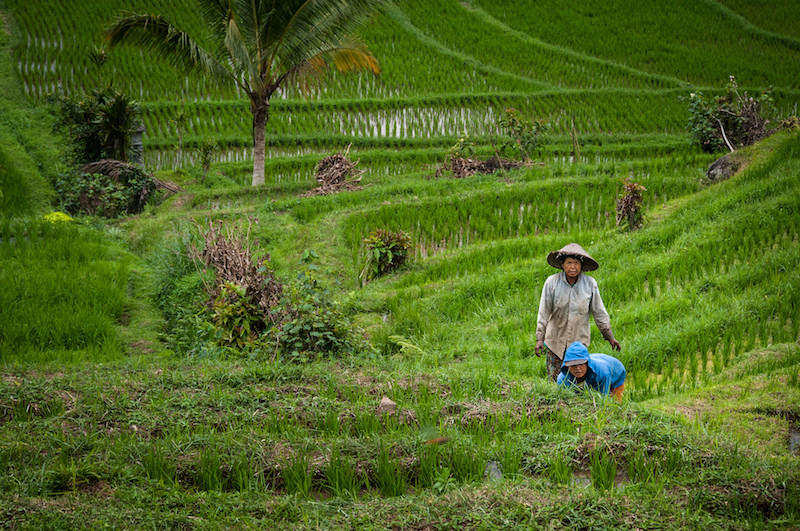Development projects backed by the Indonesian government are getting a bit of a spotlight during a recent UNESCO session, with the World Heritage Committee raising concerns over the potential environmental and cultural impact on internationally protected sites located in the country.
Related — UNESCO calls on Indonesian gov’t to halt tourism projects in Komodo National Park
The question of sustainability has always been a primary concern among activists whenever Indonesian officials bring up development plans, and judging from the points made in a publicly available document, the World Heritage Committee seems to be on the same page.
The committee said the government ought to review the ongoing tourism development projects in popular destinations such as the Komodo National Park in East Nusa Tenggara (NTT) and Borobudur Temple in Yogyakarta.
They also urged the closure of the Habema-Kenyam road of the Trans-Papuan Highway due to its potential impacts to the Lorentz National Park in Papua, including to implement proper mitigation measures, which they say have not been adequately determined even though the roads have been developed in this area.
In Bali, the committee has requested the government to assess the potential impacts of projects developed around areas with the subak (irrigation) system for paddy fields, particularly in Jatiluwih area in Tabanan regency, “before making any decision that would be difficult to reverse.”
Furthermore, the committee declared that the Tropical Rainforest Heritage of Sumatra remains on the list of World Heritage in Danger, especially because the property “continues to be severely threatened by various road developments.” They are urging Indonesia to stop allowing any new road construction, and to close the Namu-Kamo road except for emergency evacuation, among other recommendations.
With these concerns brought up at the international stage, will Indonesian officials care to actually listen?




